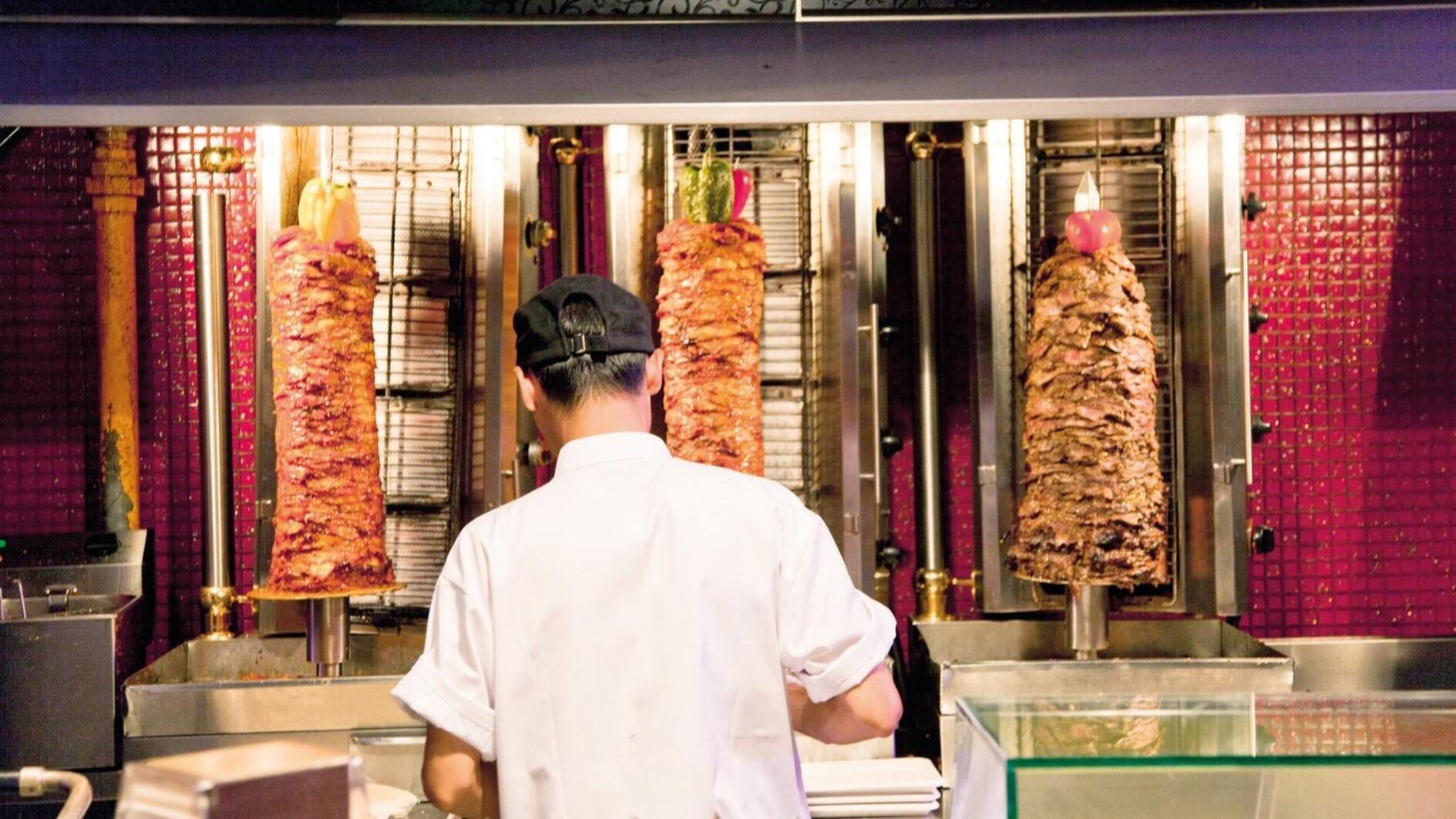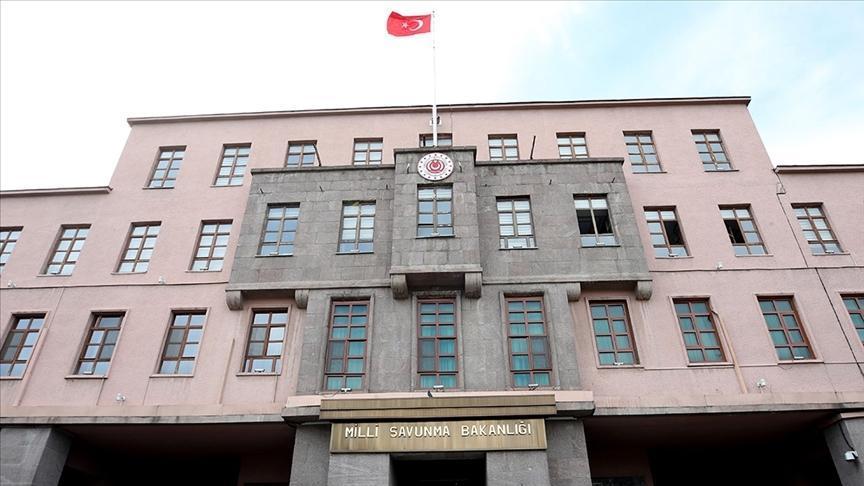Germany objects to Türkiye’s status bid for döner kebab
ISTANBUL

The German Food and Agriculture Ministry has lodged an objection with the European Union regarding Türkiye's application to register döner kebab as its traditional dish.
In April, the Istanbul-based International Döner Federation, representing döner producers in Türkiye, applied to the EU to obtain "traditional specialty guaranteed" status for this Turkish delicacy.
Türkiye’s registration attempt, which has just completed the three-month objection period, was contested by Berlin shortly before the deadline.
The German ministry contended that accepting Türkiye’s application would constitute interference in the German market. The statement highlighted that beyond the popularity of döner kebab in Germany, it is a fundamental source of income for many people in the country. The ministry also expressed "astonishment" at Türkiye’s move and warned of substantial economic repercussions if the application were accepted.
As Berlin files its objection, the EU is currently evaluating these objections in accordance with its procedures. Should the objections be upheld, Brussels will invite both parties from Germany and Türkiye to negotiation talks. The delegations are expected to be given six months to reach an agreement.
Meanwhile, Germans are also considering a name change in the case of approvement of Türkiye’s bid, with the German media suggesting “rotating skewer” as a potential alternative.
Berlin’s objection rests on the argument that döner kebab, which proliferated in Germany through Turkish immigrants, has also become an integral cultural and gastronomic element of Germany. The 1960s agreement led to the settlement of millions of Turkish workers in Germany, and there are still 3 million Turks residing in the European country today.
During his visit to Türkiye in April, German President Frank-Walter Steinmeier brought a döner kebab along with a shopkeeper from the expatriate community, serving it at a ceremony in Istanbul. The images of Steinmeier slicing the Turkish döner kebab were widely covered in the media and on social platforms.
Another reason for Germany's objection is the potential for the registration to exacerbate the already contentious döner prices in Germany. Döner sales in Germany generate an annual turnover of approximately 7 billion euros. One in three Germans consumes döner at least once a month.
However, rising prices have become a significant issue. The far-left Die Linke Party, which has called for a “döner price cap” in the German parliament, reported that döner kebab prices have surged from 4 euros to 10 euros over the past two years.
If the registration is approved, specific standards for döner kebab will be enforced. These standards stipulate that döner must not include beef from cattle older than three years or turkey meat.
Döner shops in Germany would be compelled to comply with these regulations. In contrast, younger animals are preferred for slaughter in Germany, and turkey meat is used in döner production, as stipulated in the regulations governing döner kebab production in Germany. Additionally, the use of spicy sauces, garlic, or even chocolate, often added by Berlin vendors, would be prohibited.
















